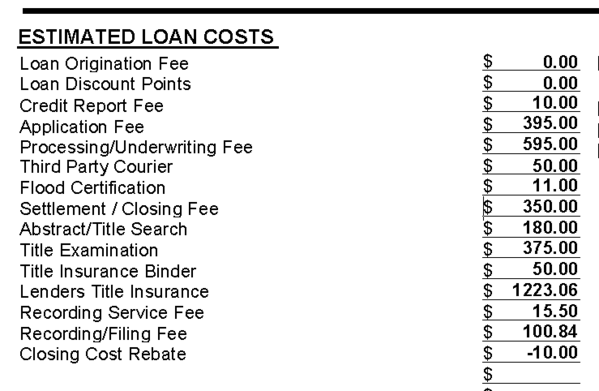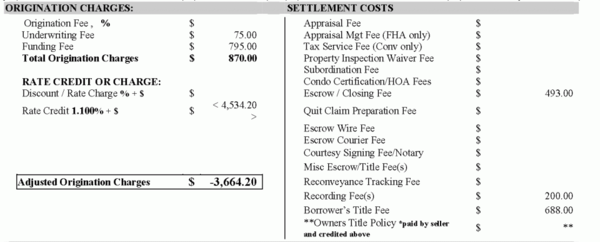The WSJ reports that the Obama Administration is “eyeing” a refi program that would allow underwater home owners who currently do not qualify for HARP 2.0 to refinance their homes. Currently in order to qualify for the Home Affordable Refinance Program (aka HARP 2.0) the existing mortgage must be securitized by Fannie Mae or Freddie Mac and the “securization” must have taken place prior to June 1, 2009.
According to the article, White House officials and the Treasury would like to include mortgages that were not securitized by Fannie Mae or Freddie Mac. This program would possibly include non-conventional, “alt-a”, subprime and mortgages held by private lenders. There is no mention of expanding or removing the securitization date requirement in WSJ’s article, which many homeowners are desperately hoping for (also known as HARP 3.0).
In order for these expanded refi programs to be a reality, using Fannie Mae or Freddie Mac, Congress and the FHFA must approve them. When and IF this happens, I’ll be sure to announce that here at Mortgage Porter.
Stay tuned! Subscribe in the upper right corner of this blog or follow me on Facebook or Twitter.











Recent Comments